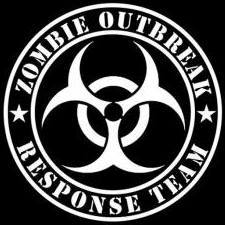- Replies 30
- Views 1.1k
- Created
- Last Reply
Top Posters In This Topic
-
revkevsdi 9 posts
-
Stephen Hawking 5 posts
-
Crnr2Crnr 3 posts
-
Bontz 2 posts
Most Popular Posts
-
-
This was stupid even for the stupid level scale. What did Gore say about styrofoam pollution? Errr...I'm sorry, "polystyrene".
-
I beg to differ, and if anyone is short of TP just spend some time in the neighborhoods of high school homecoming week kids. There's been so many TP'd houses in the various towns we've been through t
Featured Replies
Recently Browsing 0
- No registered users viewing this page.











because people are selfish and fucking retarded.
Edited by Crnr2Crnr